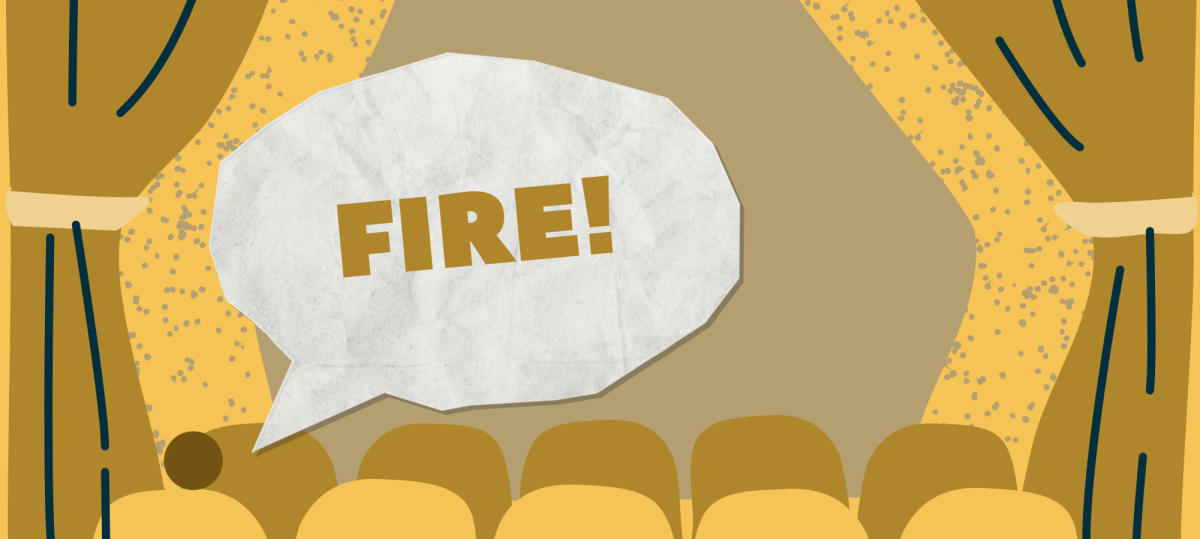Over the decades, trends have fluctuated, celebrities have been replaced and the world has changed in more ways than are imaginable. Yet, one distinct thing has always managed to permeate modern culture: sex. Whether discreetly included in critically-acclaimed indie films or hollered about in erotic pop songs, sex is everywhere. But despite being an act as natural to us human beings as living and breathing, sex remains one of modern society’s biggest taboos and it’s beginning to affect us here at Taipei American School (TAS).
Awkward, shameful and embarrassing are just some of the adjectives that have been used to describe ‘the deed’. Although several factors can be accredited for our discomfort with the subject of sex, superstitious and religious beliefs often lie at the center of this widespread conservatism. For centuries, notions of virginity and sexual innocence have been associated with benevolence and goodwill within large belief systems (such as Christianity, Confucianism and Islam), which has allowed for abstinence to become a way of demonstrating one’s loyalty to their faith. Another increasingly prevalent component of our aversion to discussing sex is our unfamiliarity with the topic. Sex was once merely referred to as intercourse between a man and a woman for procreation, but now the notion of sex has become more all-embracing to encompass different sexualities, gender identities, preferences and more. Though this is a step in the right direction for sexual inclusivity, this broadness often results in confusion and disillusionment: most people nowadays don’t have a clear idea of what sex is anymore and therefore feel unsure about how to approach the subject.
But, in spite of TAS’ liberal-leaning values and curriculum, the avoidance of sex-related subjects is still a prevalent issue within our school community. During the second semester of the 2022-23 school year, after sending out a survey meant to evaluate the foundational sexual knowledge of the (formerly) 9th grade student body, the Upper School PE Department was met with an unprecedented amount of backlash from parents. The infuriated mothers and fathers were offended by the terminology that was employed in the questionnaire – particularly the phrases ‘anal penetration’ and ‘masturbation’, which they deemed highly inappropriate. Yet, in actuality, the language in question was completely scientific. The parents’ disapproval of the topics and terms wielded in the survey, despite their scientific accuracy and relevance to their children’s lives, is a reflection of how much our fear of talking about sex impacts our mindsets, openness and, consequently, our access to information.
Though the parents’ dissatisfaction with the survey is somewhat understandable (due to the aforementioned reasons), access to comprehensive sexual information is an integral component of adolescent education, and open discussions about sex between parents and children are essential.“The number one educator in every family is going to be the parents. [They’re] who students spend most of their time with. That’s where they get their values from,” Mr. Brian Mutschler (he/him), one of the Upper School PE Teachers who administered the survey, said.“It’s really important that parents have that conversation with their kids and that they’re open. It’s going to benefit their kids a lot.”
Uncomfortability with sex-related topics is unavoidable, but openly discussing and educating young people on a subject they will inevitably encounter throughout their lives is more important than our desires to steer clear of awkwardness. In addition to the sex education curriculum that is implemented into TAS’ health and fitness courses, sex should not remain an undiscussed and unexplored topic outside of the classroom. Overly conservative attitudes towards sex in day-to-day life hinder communication about sexual and reproductive issues, which can heighten the risks of sexually-transmitted infections, unplanned pregnancies, induced abortions and emotional struggles. It’s imperative that we work towards reducing our fear of discussing sex, for the good of us all.
Now, I’m not proposing that we all start yelling explicit, sexually-charged words at each other in the name of eradicating tradition and breaking boundaries, but our open-mindedness-towards-sex-rent has been due for a long time. So, let’s start paying it.

![Taipei American School’s Health and Physical Educations class. [PHOTO COURTESY OF MR. BRIAN MUTCHLER]](https://blueandgoldonline.org/wp-content/uploads/2025/01/processed-D299DBF8-FA27-4C08-8559-EA2A6FFDB510-1200x900.jpeg)
![A myriad of impressive trophies and awards. [ANNABELLE HSU/THE BLUE & GOLD]](https://blueandgoldonline.org/wp-content/uploads/2025/09/Awards2-1200x512.jpeg)
![Students' calendars say goodbye to exam week. [ANNABELLE HSU/THE BLUE & GOLD]](https://blueandgoldonline.org/wp-content/uploads/2025/09/Exam-week-1200x740.jpg)
![A collection of college flags. [PHOTO COURTESY OF AMBER HU ('27)]](https://blueandgoldonline.org/wp-content/uploads/2025/05/IMG_5029-1200x577.jpeg)

![An SAT word cloud. [PHOTO COURTESY OF WORDCLOUDS]](https://blueandgoldonline.org/wp-content/uploads/2025/05/SAT.jpeg)
![Collage of banned books, including “The Handmaid’s Tale” by Margaret Atwood. [MINSUN KIM/ THE BLUE & GOLD]](https://blueandgoldonline.org/wp-content/uploads/2025/04/IMG_4274-1200x681.jpeg)

![Sofia Valadao [Erin Wu/The Blue&Gold]
Erin Wu [Annabelle Hsu/The Blue&Gold]](https://blueandgoldonline.org/wp-content/uploads/2025/05/erin-sofia-pic.png)
![Dr. Simeondis, Mr. Anderson. [Annabelle Hsu/The Blue&Gold]](https://blueandgoldonline.org/wp-content/uploads/2025/05/teachers-1200x675.jpg)
![[PHOTO COURTESY OF PENGUIN RANDOM HOUSE, PENGUIN BOOKS, PENGUIN BOOKSHOP]](https://blueandgoldonline.org/wp-content/uploads/2025/05/books-1200x675.png)
![[PHOTO COURTESY OF UNCULTURED, JUNIPER AND CO.]](https://blueandgoldonline.org/wp-content/uploads/2025/05/student-businesses-1200x675.png)

